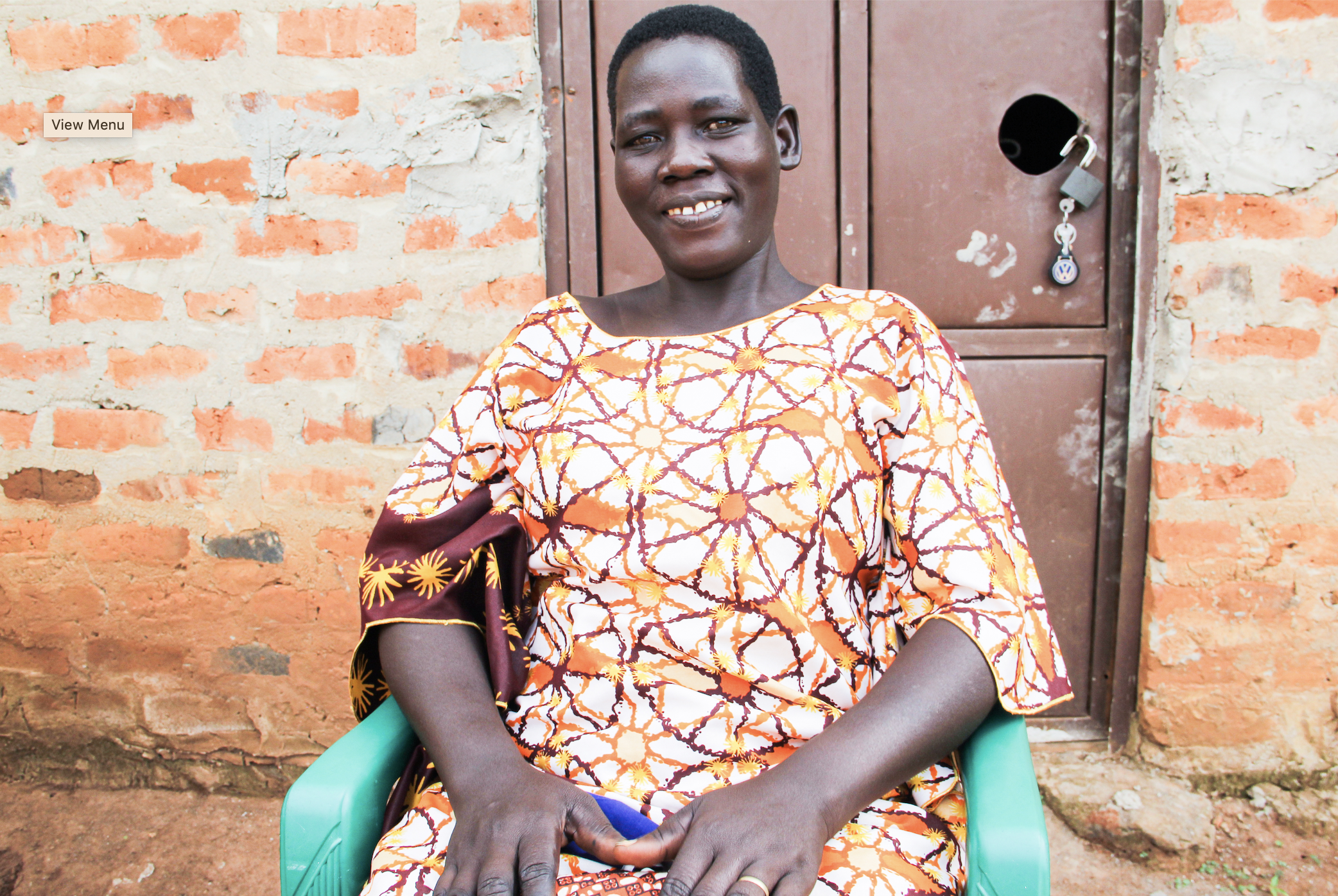
Ejang Grace is a mother and a member of Ayabi Women’s Farmers Cooperative Society Limited found in Apac District. She is a small-scale farmer, and has spent six years engaging in Field of Hope’s Women’s Program.
Before joining the group, Grace said she “was facing many problems like hunger, bad agronomic practices (broadcasting seeds in the field), sickness, lack of money to pay school fees for my children and lack of access to finance to venture into business and buy agricultural inputs.”
After joining the group started by Field of Hope, “I got different trainings on village savings and loans association, financial literacy, good agronomic practices (row planting, planting improved seed varieties, post-harvest handling) and our livelihoods have been improved through increased agricultural productivity and businesses involved with the loans got from the group”. The grant permitted to her VSLA’s group by Field of Hope allowed her to receive a loan from the group. As a result, she bought two bulls for farming and has also built a commercial house up to the ring beam at the trading center. “Field of Hope and the loans from my saving group [helped] me to pay school fees for my daughter at the nursing school,” she said.
Her future plans and goals are to buy another two bulls for farming as well as roof her commercial house in 2022. She concluded by thanking Field of Hope’s intervention in her group. “I thank Field of Hope for building my capacity through different trainings in sustainable agronomic practices, off-farm businesses, access to finance and my message to them is to continue empowering us with other trainings, and visiting us always. May the almighty God bless Field of Hope abundantly.”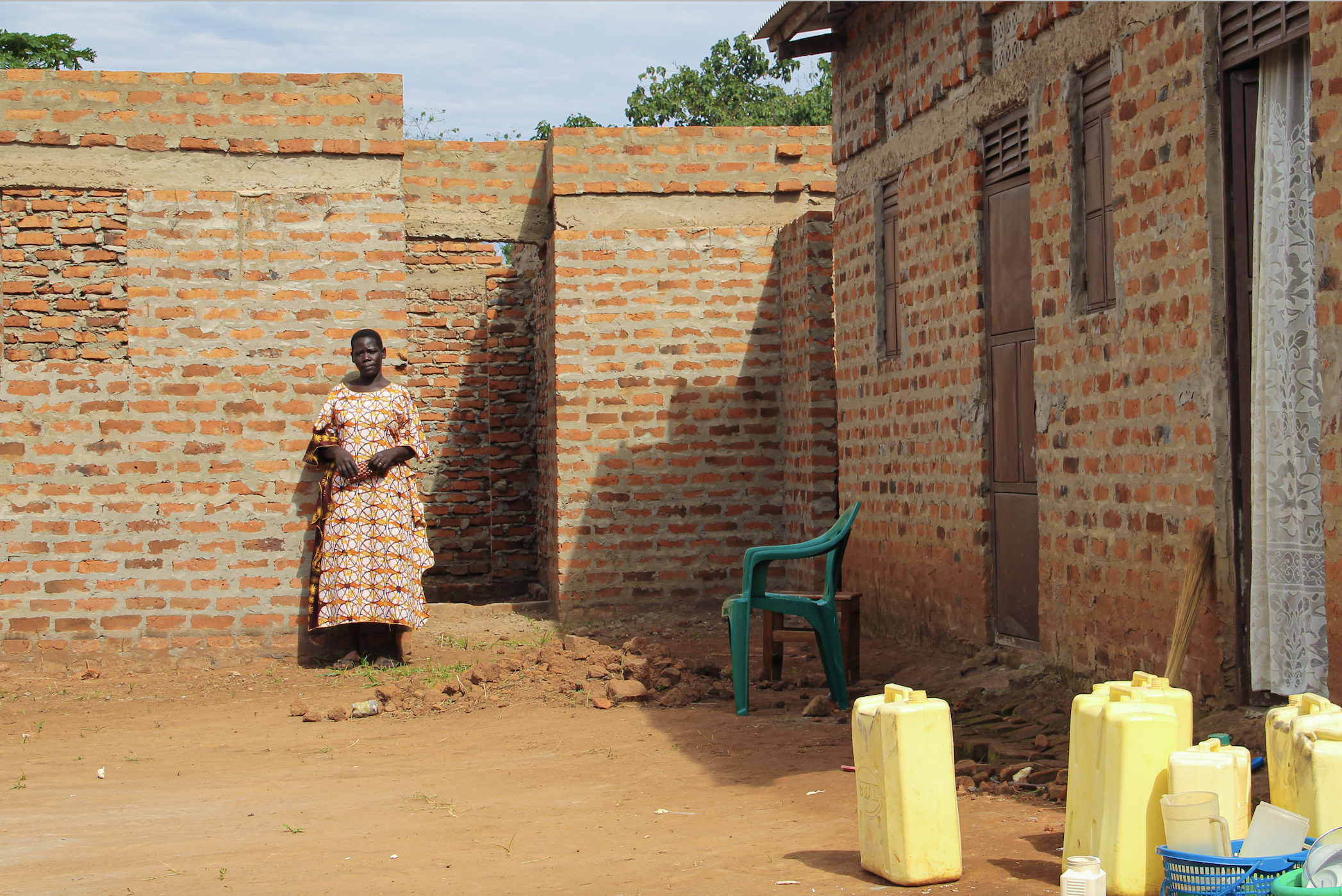
To continue supporting women like Grace, make an impact by donating here.
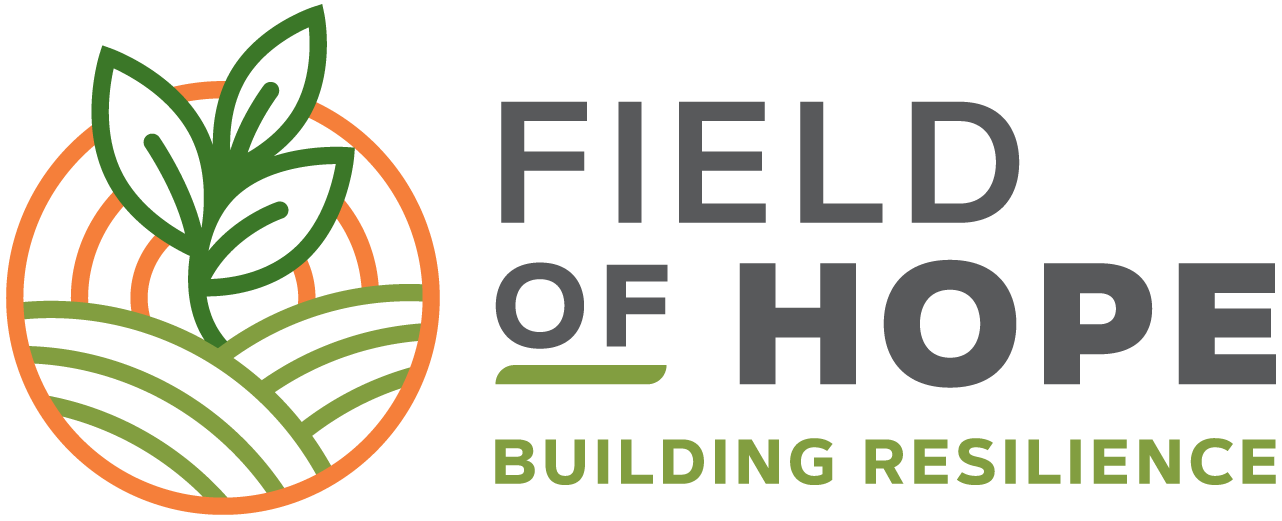
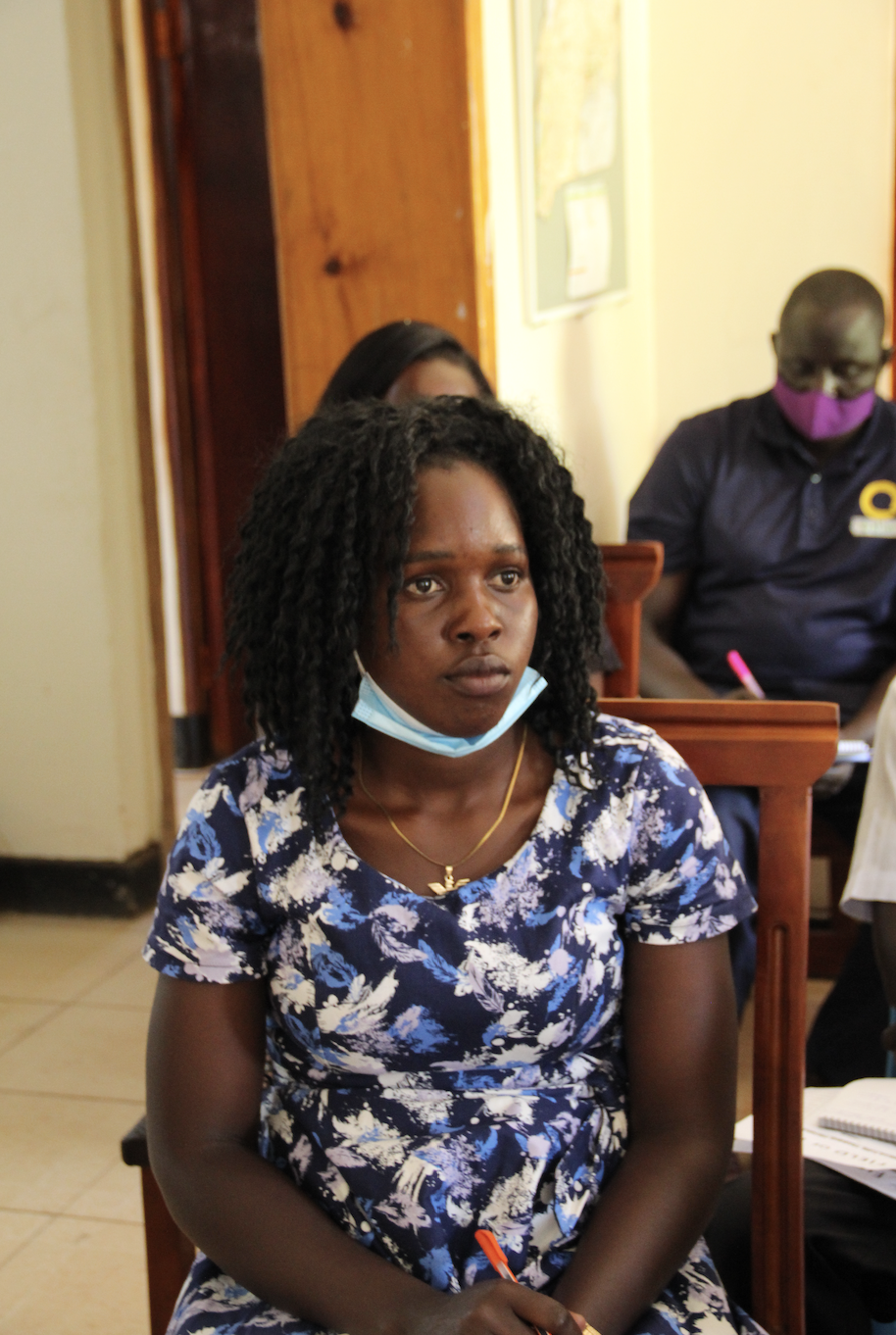


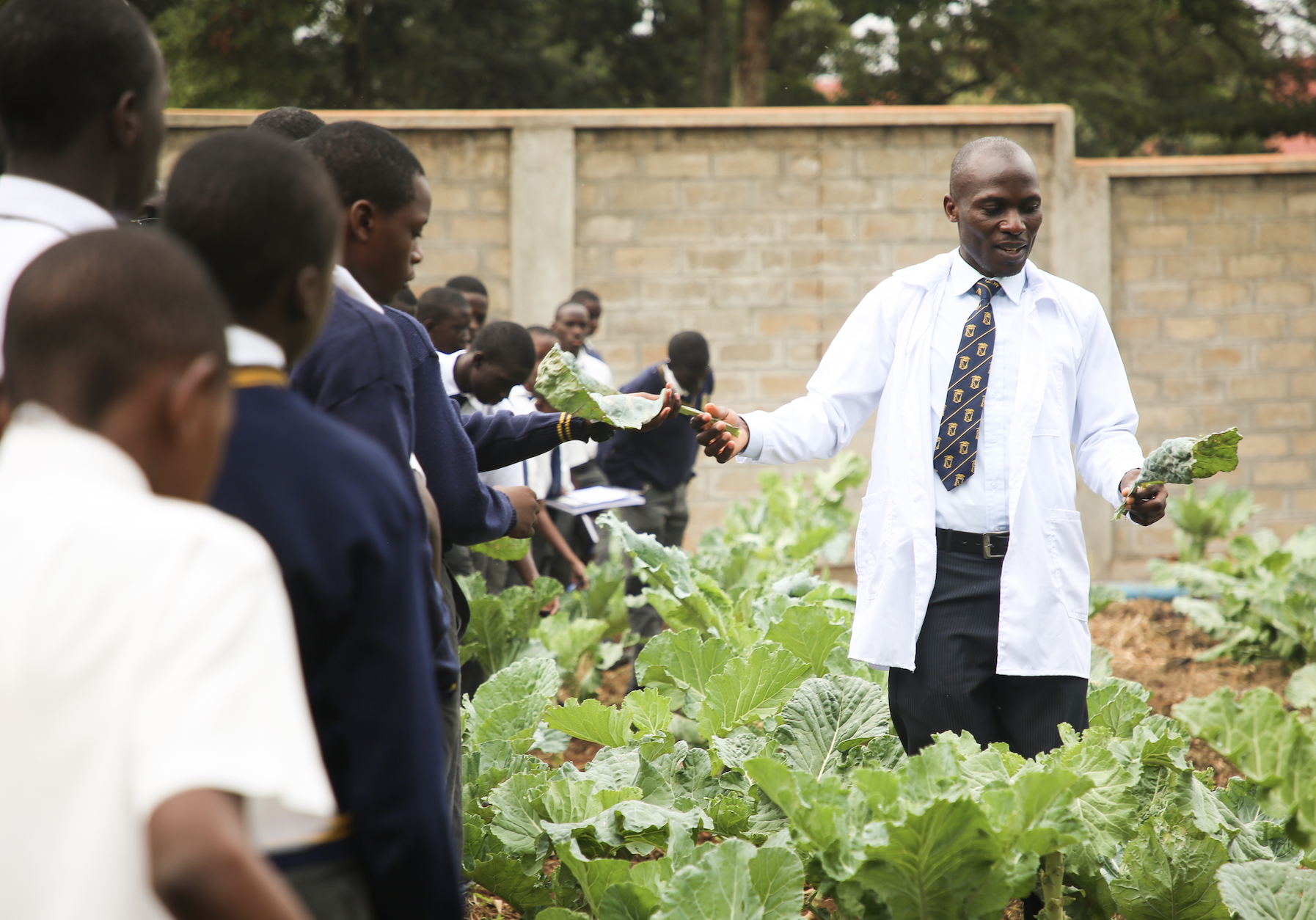
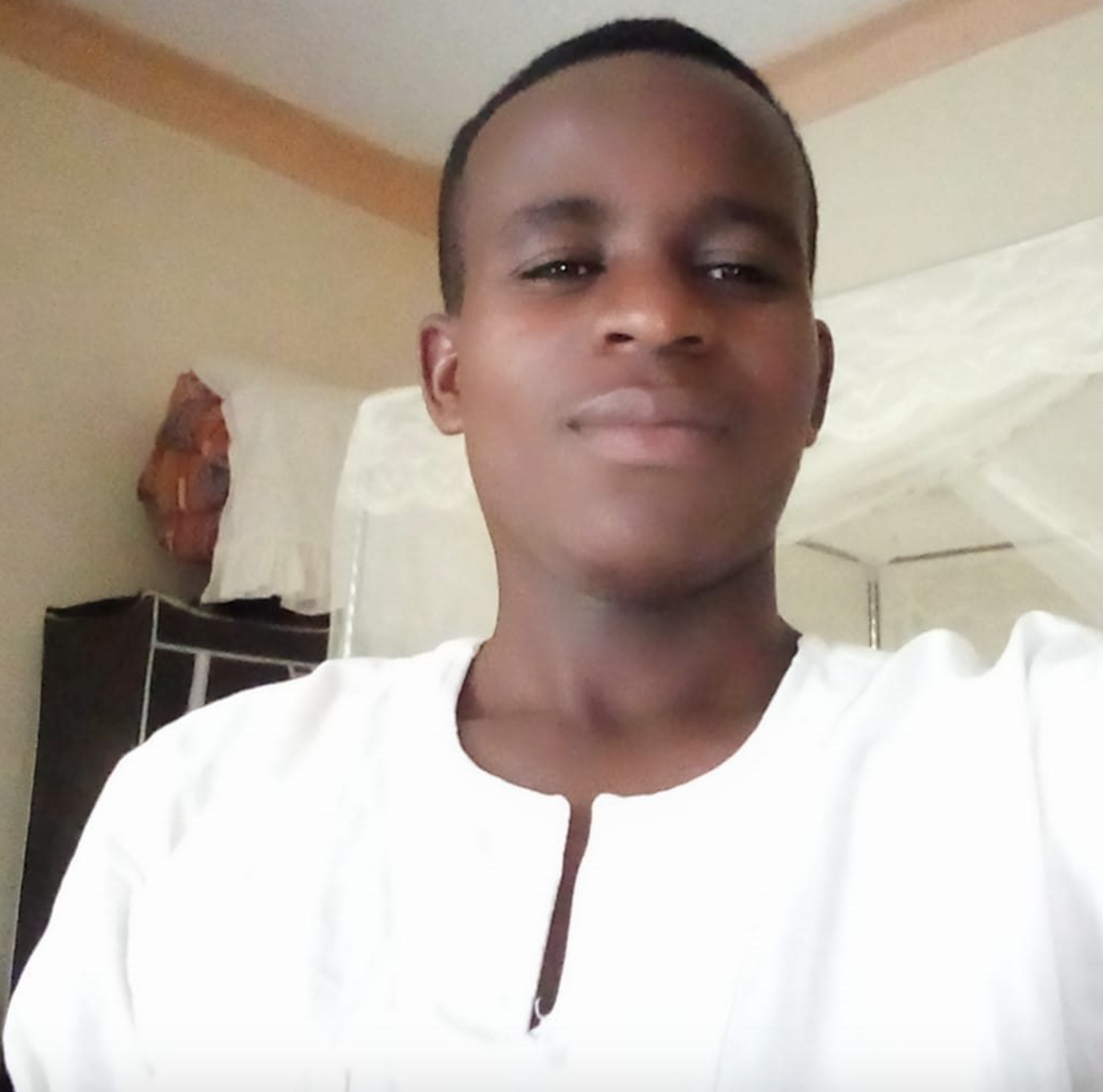 By: Anieamaani Bakatwizira
By: Anieamaani Bakatwizira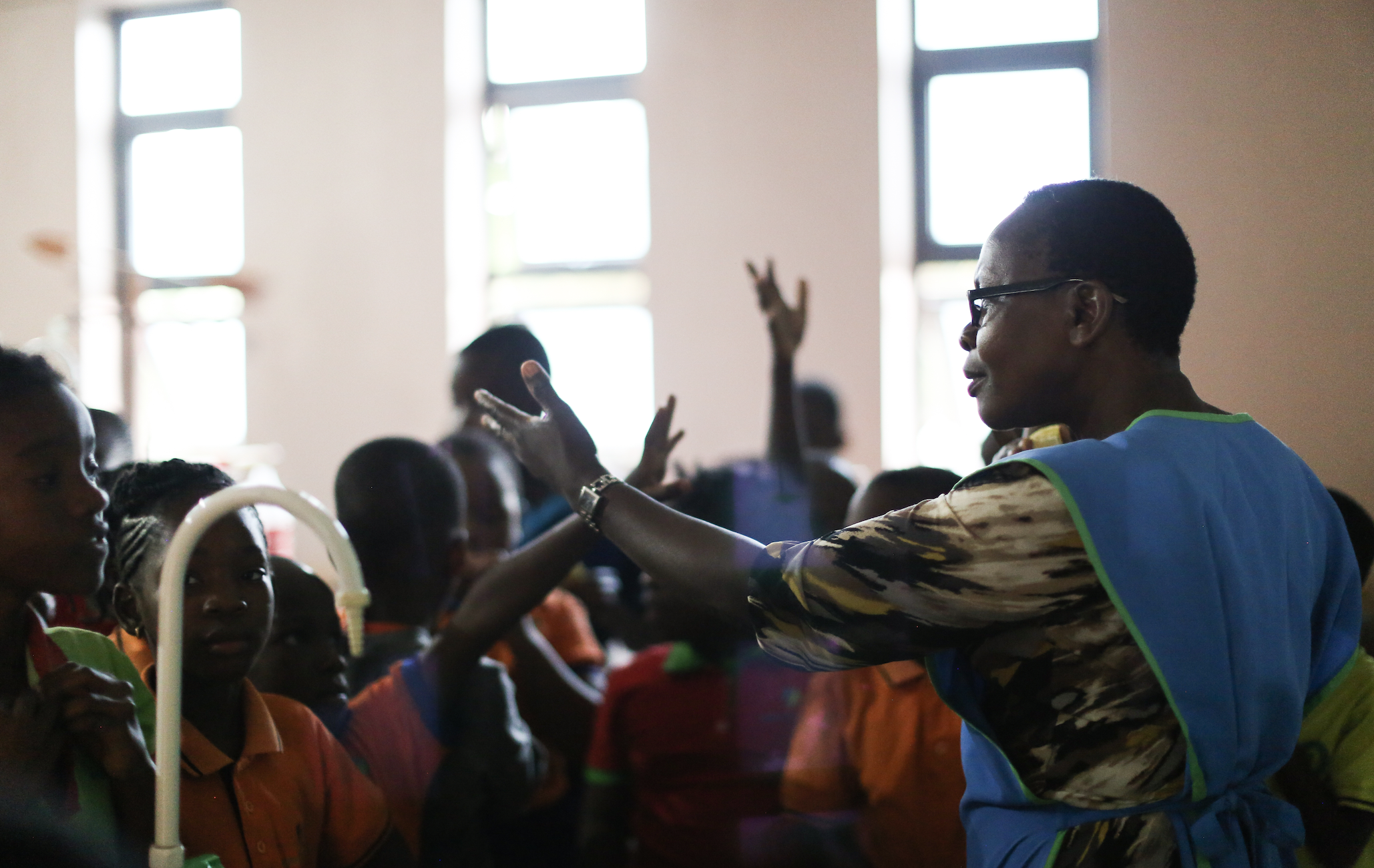
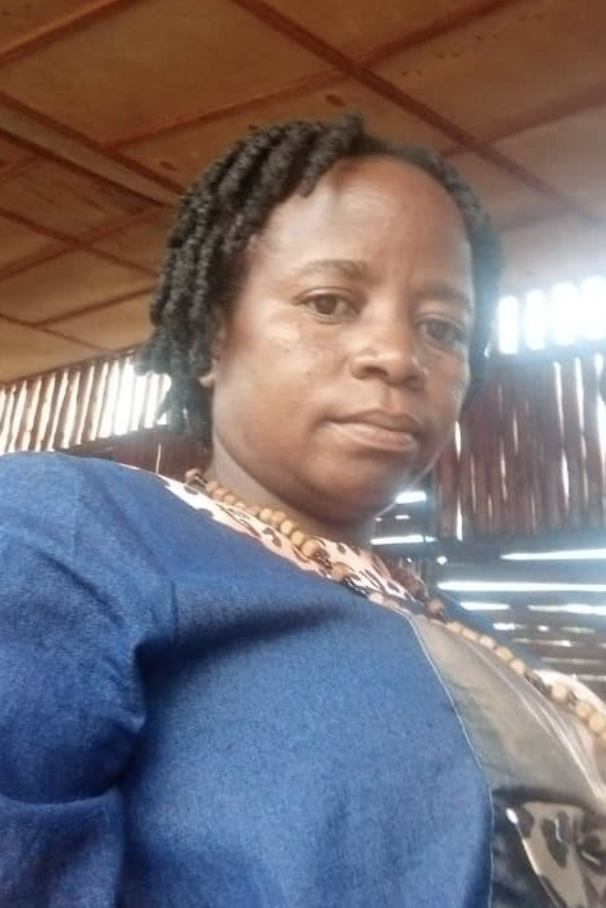
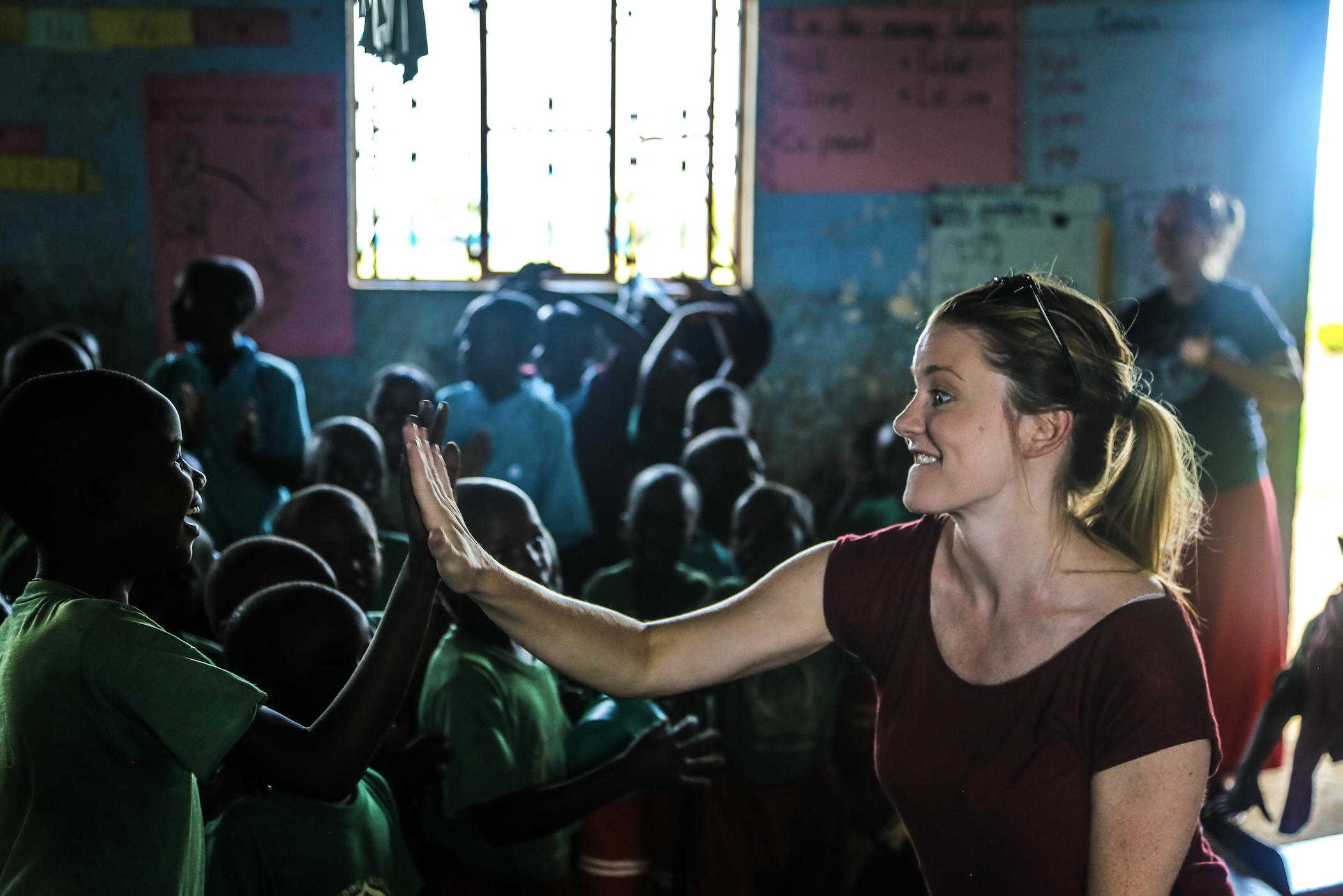
 For the first time, Field of Hope has appointed a Vice President position to the Board of Directors. Working with Chuck Hammond this year is Whitney Thurmond. A long-time friend of and volunteer with Field of Hope, Whitney began her FOH journey in 2015. She joined long-time FOH partner Vivayic on a trip to Uganda and has never stopped doing her best to help further our mission.
For the first time, Field of Hope has appointed a Vice President position to the Board of Directors. Working with Chuck Hammond this year is Whitney Thurmond. A long-time friend of and volunteer with Field of Hope, Whitney began her FOH journey in 2015. She joined long-time FOH partner Vivayic on a trip to Uganda and has never stopped doing her best to help further our mission.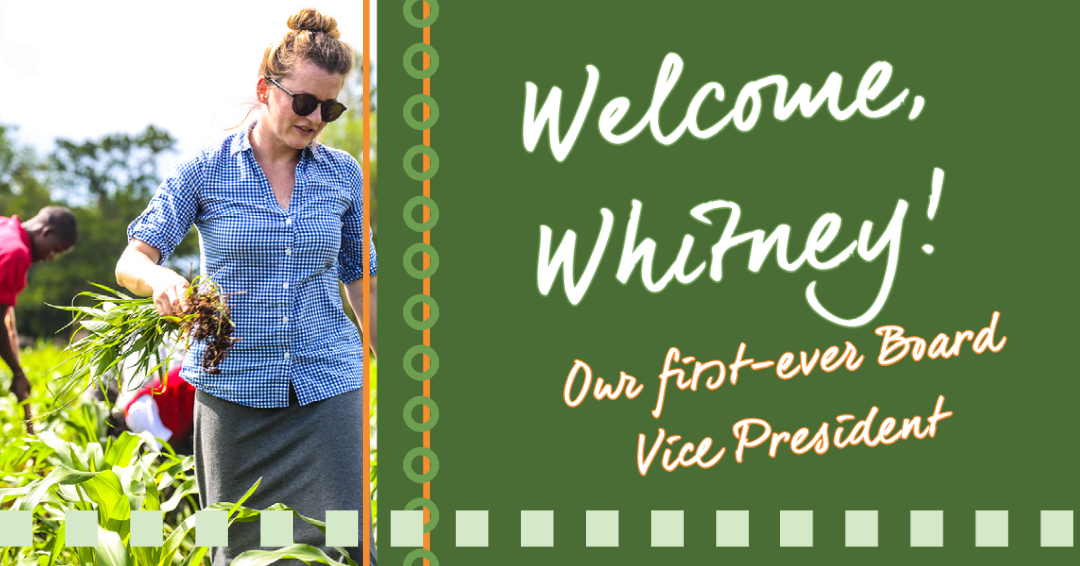
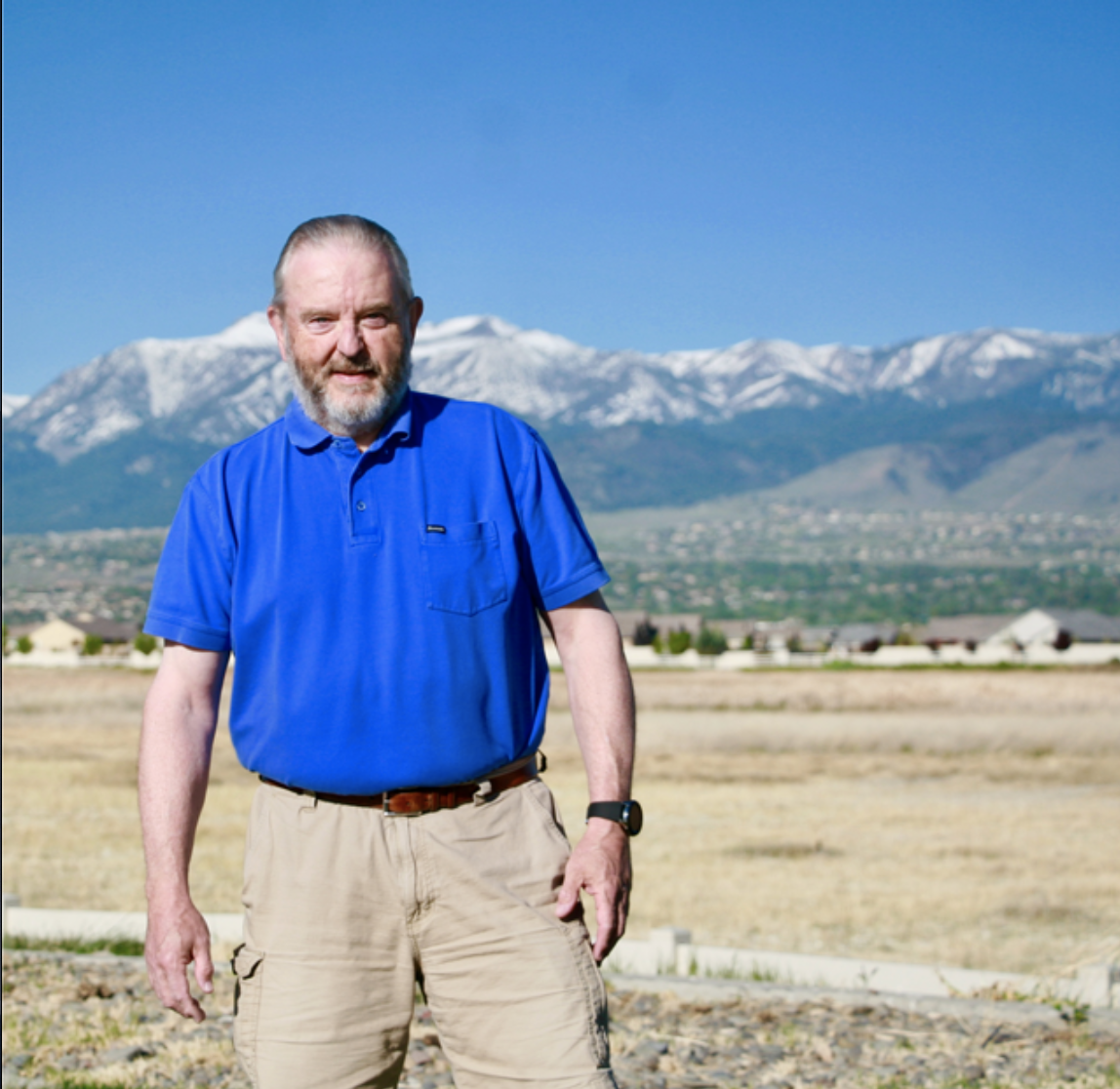
 Chuck Hammond will be serving as Field of Hope’s Board President this year, but his involvement with Field of Hope began a few years ago. Hammond became a donor to Field of Hope in 2018 after moving to Reno, NV, and becoming acquainted with co-founders, Mike & Cathy Hafner. He and his wife and also had the chance to meet Brandy Young and Alexa Wilcox in 2018 and continued to grow his knowledge of, and relationship with, FOH.
Chuck Hammond will be serving as Field of Hope’s Board President this year, but his involvement with Field of Hope began a few years ago. Hammond became a donor to Field of Hope in 2018 after moving to Reno, NV, and becoming acquainted with co-founders, Mike & Cathy Hafner. He and his wife and also had the chance to meet Brandy Young and Alexa Wilcox in 2018 and continued to grow his knowledge of, and relationship with, FOH.
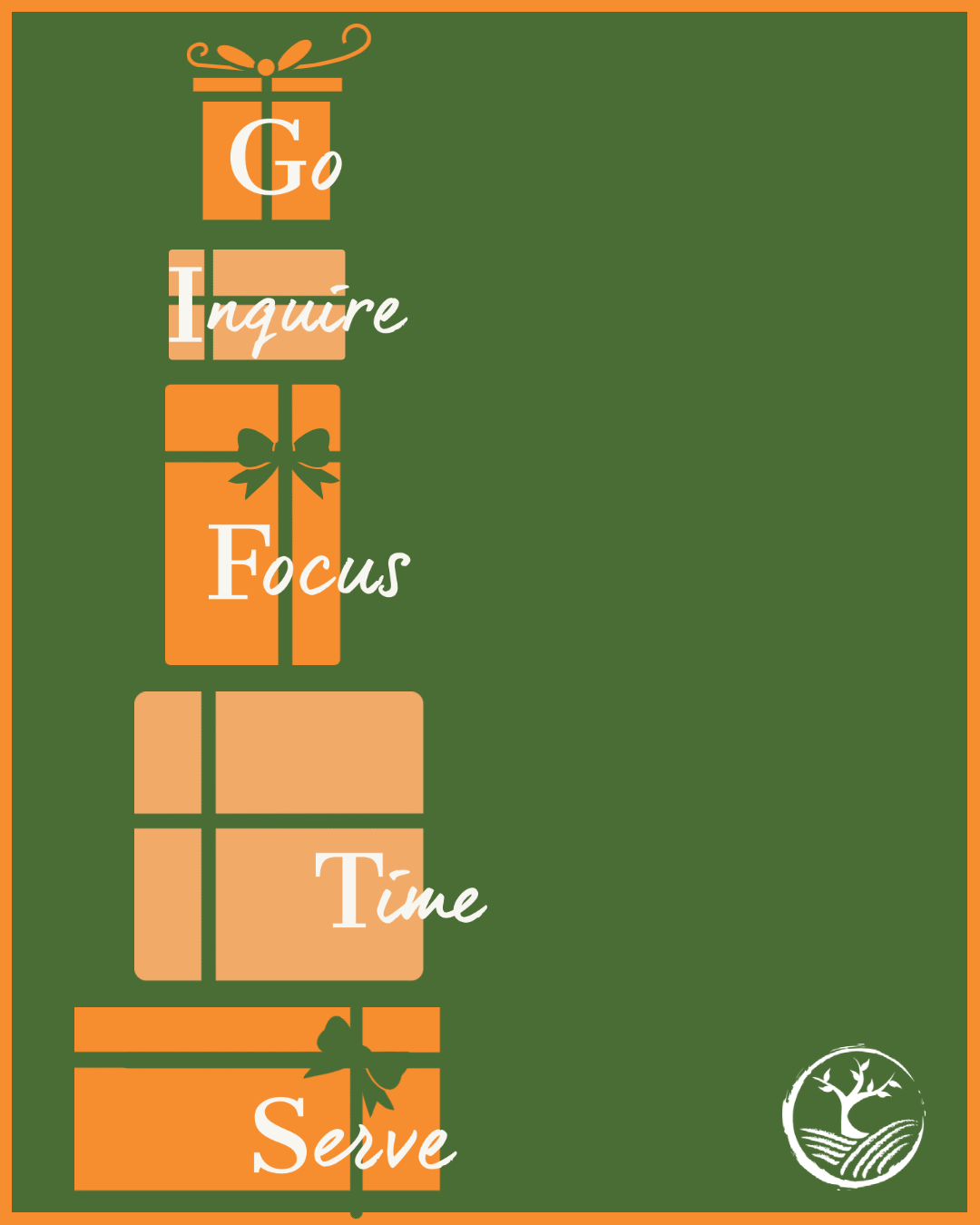


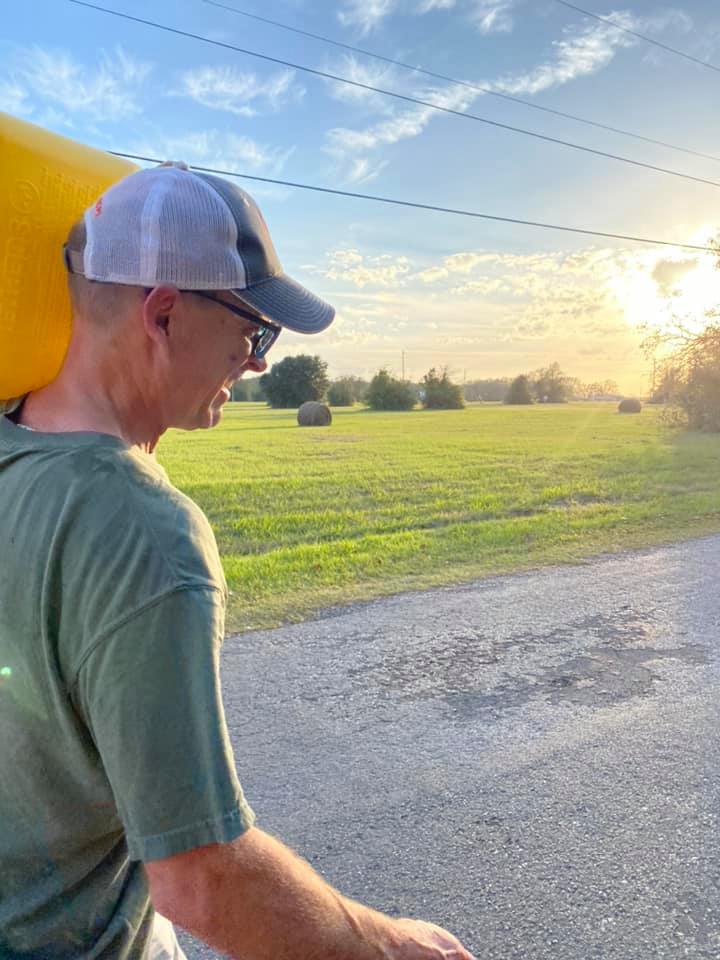
 It was the fall of 2013. Field of Hope was a very small nonprofit, but we had made the commitment to bring Agnes Obote from Uganda to the US to take part in the WomenReach events at several John Deere facilities in Iowa and Kansas. Agnes was in charge of a church agriculture program in Uganda that had partnered with Field of Hope on many occasions. For each of the events, our co-founder Brandy Young would lead a Q&A interview session with Agnes, asking about her upbringing, agriculture methods and practices, and what life was like during and after the 20-year civil war in Uganda. The presentation was very impactful and emotional.
It was the fall of 2013. Field of Hope was a very small nonprofit, but we had made the commitment to bring Agnes Obote from Uganda to the US to take part in the WomenReach events at several John Deere facilities in Iowa and Kansas. Agnes was in charge of a church agriculture program in Uganda that had partnered with Field of Hope on many occasions. For each of the events, our co-founder Brandy Young would lead a Q&A interview session with Agnes, asking about her upbringing, agriculture methods and practices, and what life was like during and after the 20-year civil war in Uganda. The presentation was very impactful and emotional.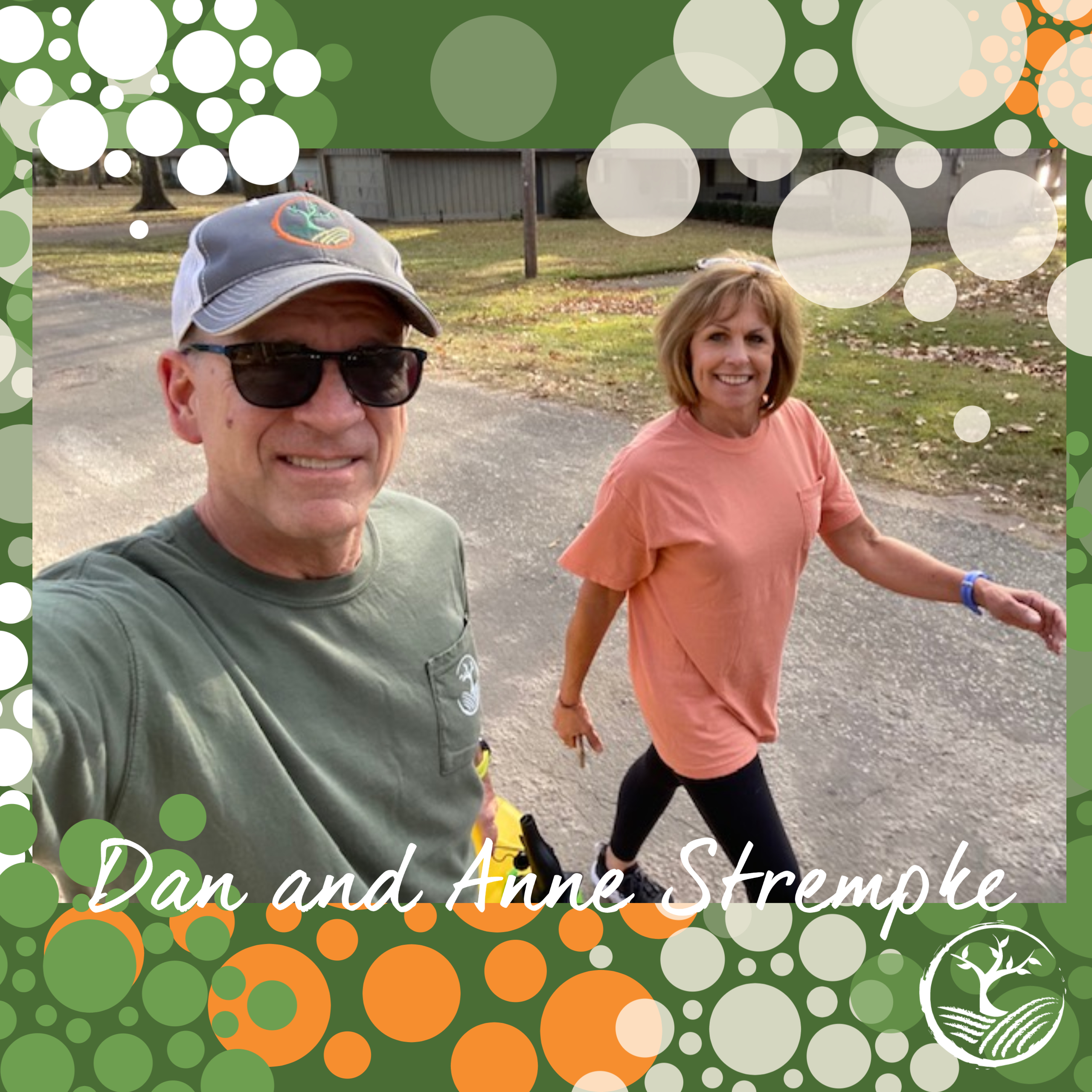 We talked for a short time and after the meeting finished, Dan invited us to his home, where we met his wife Anne. We had a great discussion, followed by another meeting later on at a restaurant in Des Moines to discuss their further involvement. Shortly after that last meeting, Dan and Anne both joined the Field of Hope Board of Directors.
We talked for a short time and after the meeting finished, Dan invited us to his home, where we met his wife Anne. We had a great discussion, followed by another meeting later on at a restaurant in Des Moines to discuss their further involvement. Shortly after that last meeting, Dan and Anne both joined the Field of Hope Board of Directors.
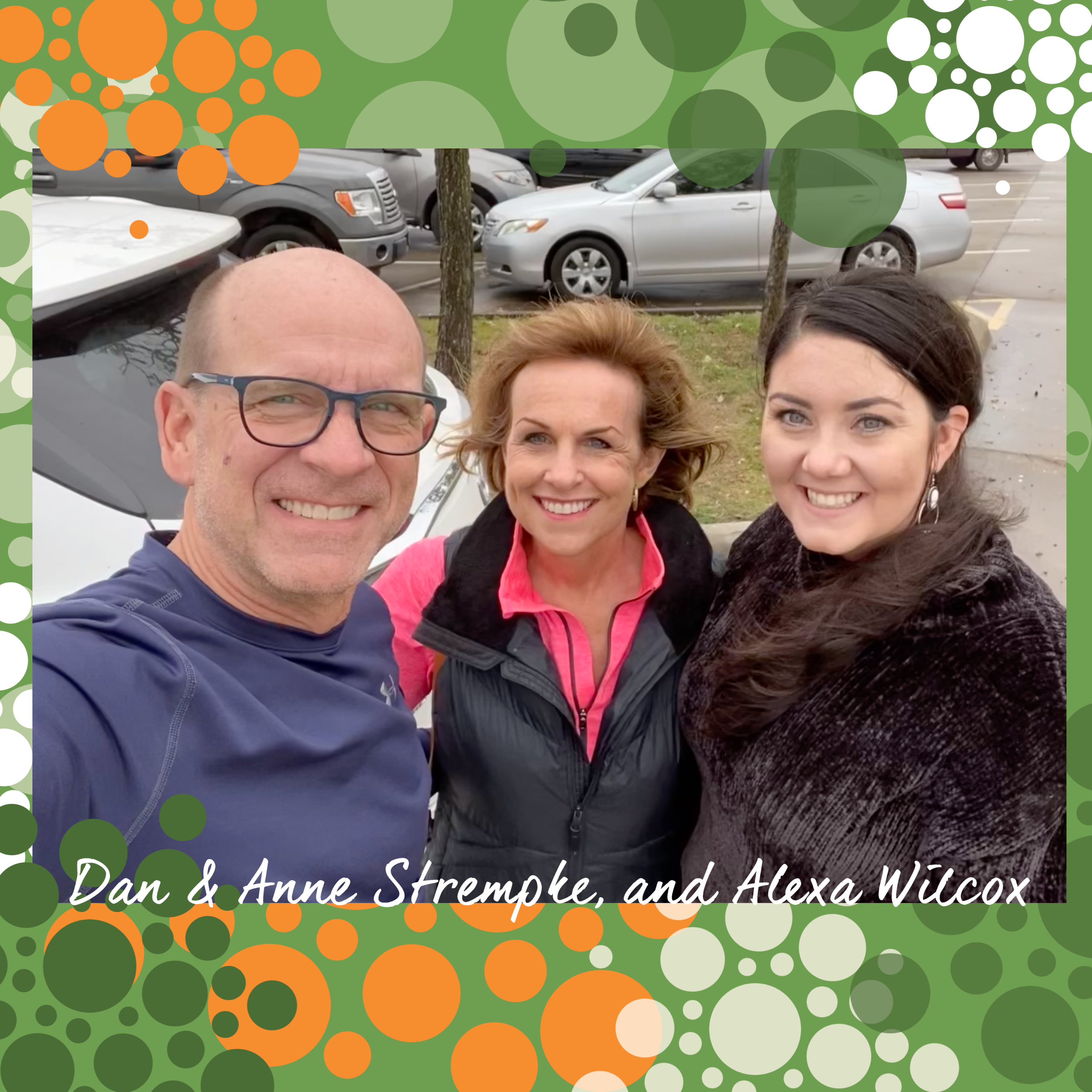
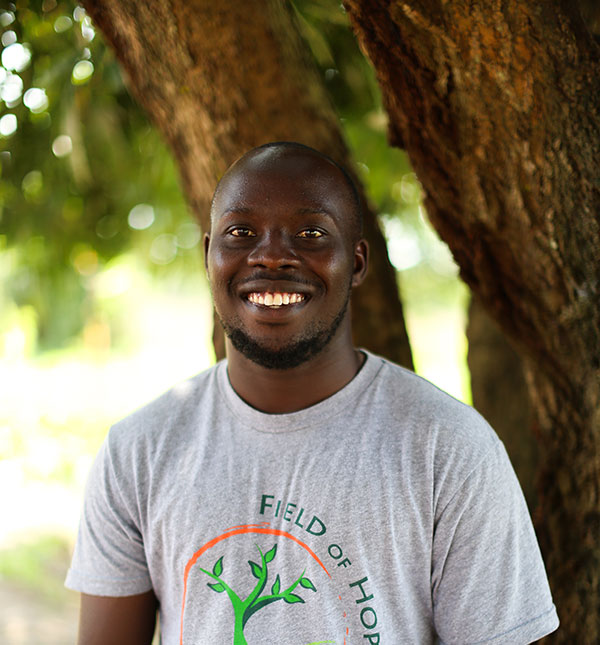

 In June 2019, Nicholas had just completed his bachelor’s degree. While his peers were looking for full-time employment, Nicholas stumbled upon a Field of Hope blog and reached out regarding an internship.
In June 2019, Nicholas had just completed his bachelor’s degree. While his peers were looking for full-time employment, Nicholas stumbled upon a Field of Hope blog and reached out regarding an internship.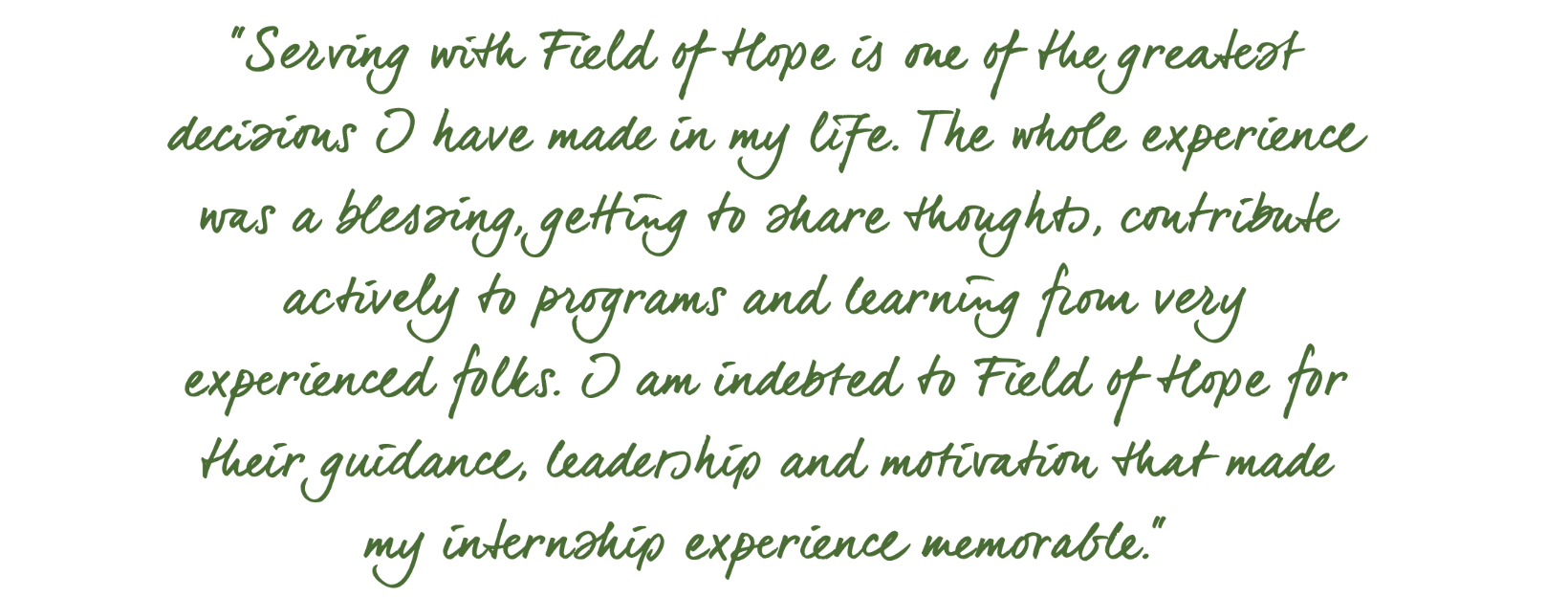 The workshop was a huge success!
The workshop was a huge success!